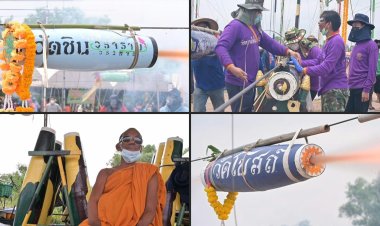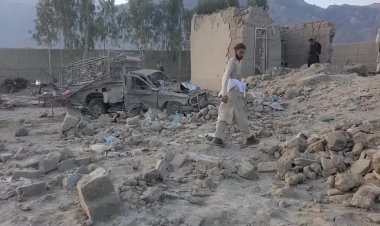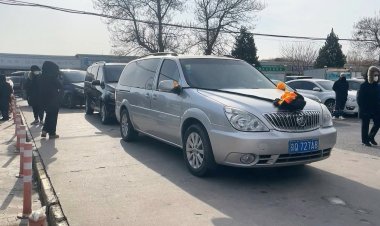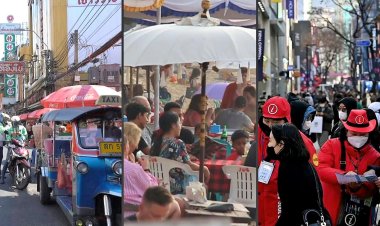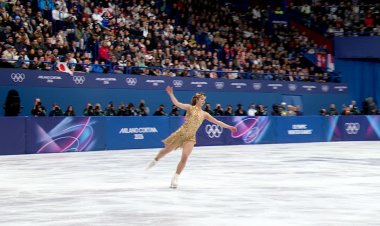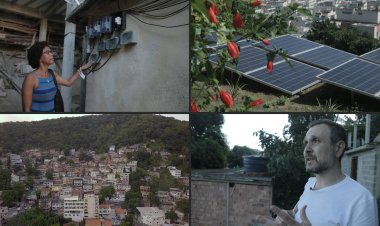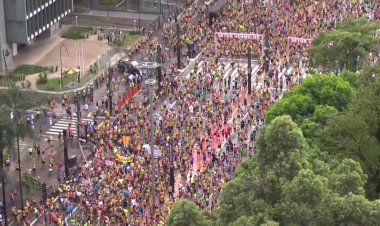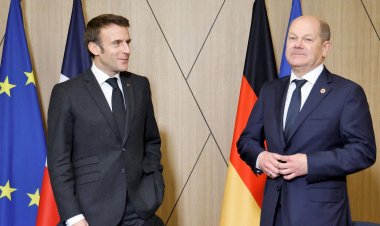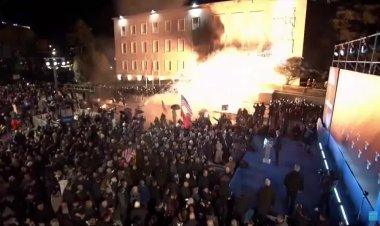Beijing Olympics open under shadow of rights fears and Covid
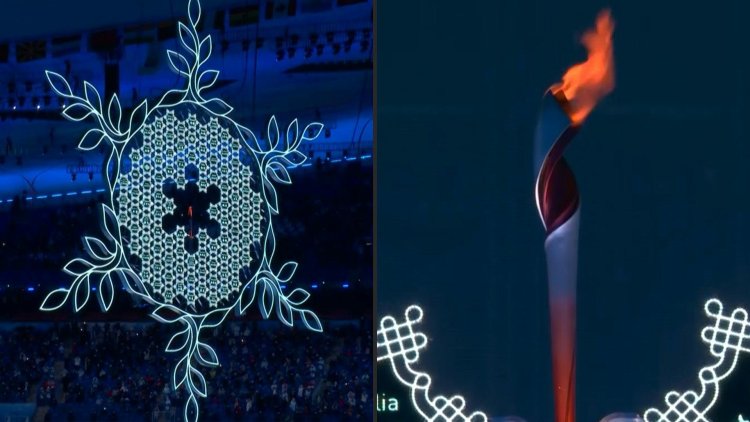
President Xi Jinping declared the Beijing Winter Olympics open Friday as China tried to turn the page on a build-up overshadowed by human rights concerns, Covid and a US-led diplomatic boycott.
Fireworks exploded over the "Bird's Nest" as the lattice-shaped stadium took centre stage, just as it did at the 2008 Games, as Beijing became the first city to host both a Summer and Winter Olympics.
Xi, under whose rule China has adopted a more muscular attitude internationally compared to 14 years ago, was given a rapturous welcome by the socially-distanced crowd wearing face masks, for what his ruling Communist Party hopes will be a soft-power triumph.
The ceremony was dazzling but less spectacular than the extravaganza 14 years ago.
It got off to a solemn start when eight soldiers slow-marched with the Chinese flag, before the national anthem rang out into the cold night air.
At the end of the ceremony, the Olympic torch was secured to the centre of a giant snowflake, which was then illuminated to become the cauldron and hoisted above the stadium.
One of the final two torchbearers was Dinigeer Yilamujiang, a Chinese cross-country skier from the troubled Xinjiang region.
Campaigners say at least one million people from the Muslim Uyghur minority have been incarcerated in "re-education camps" in Xinjiang.
Xi was joined by world leaders including Russian counterpart Vladimir Putin, the two having met earlier in the day.
China and Russia have both seen ties with Washington deteriorate markedly, and with tensions rising in Europe over Russia's troop build-up on the Ukrainian border, Putin hailed the "truly unprecedented nature" of relations with his hosts.
The United States, Britain, Canada and Australia are among countries staging a diplomatic boycott of the Games over China's rights record, particularly the fate of the Uyghurs.
Those nations' athletes will still compete at the Games, which run until February 20 and are taking place inside a vast "closed loop" bubble designed to thwart the virus.




